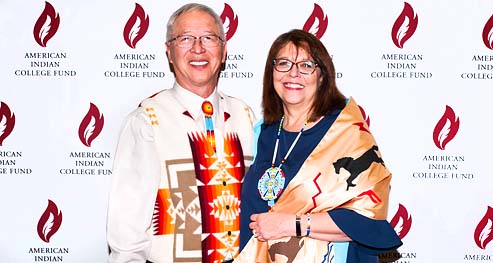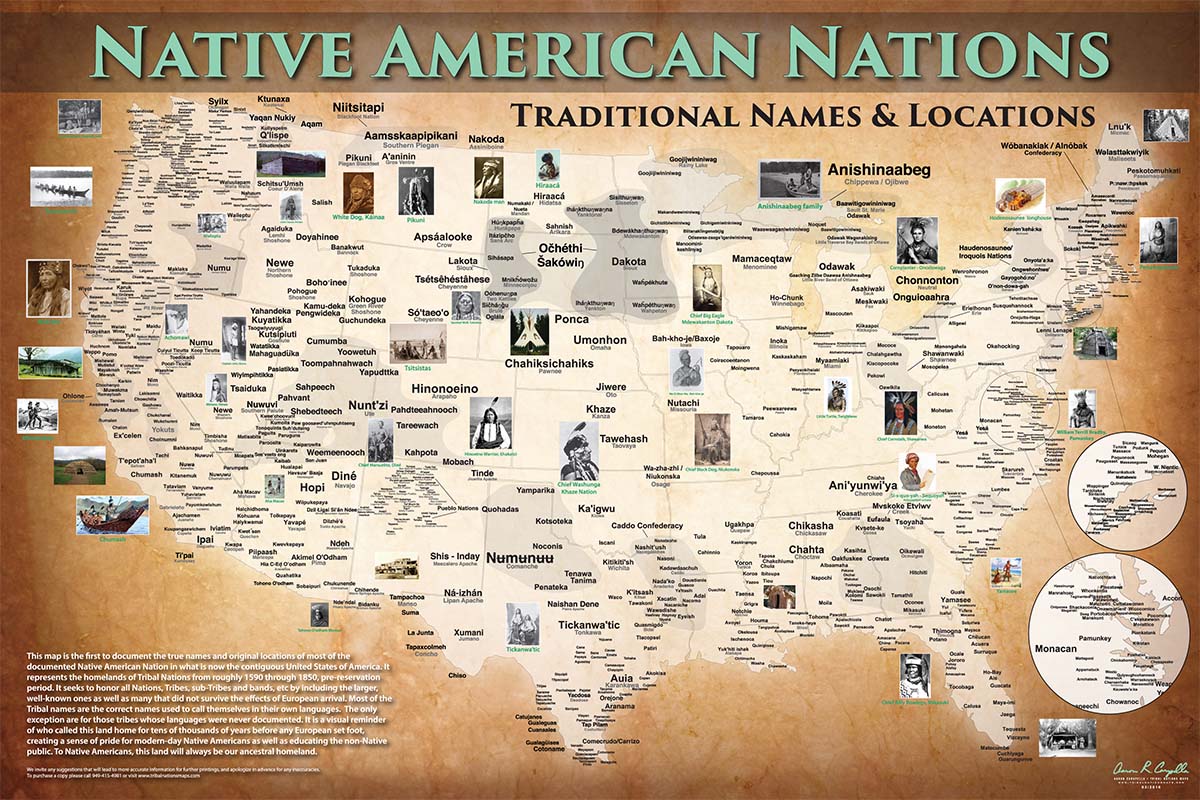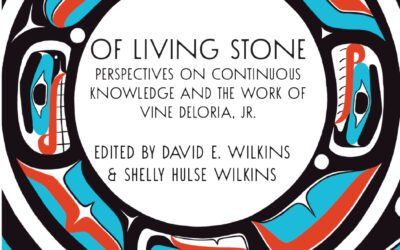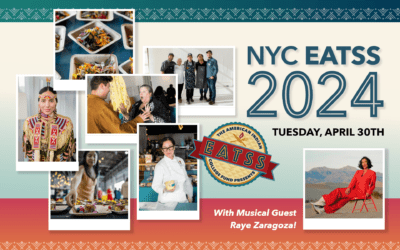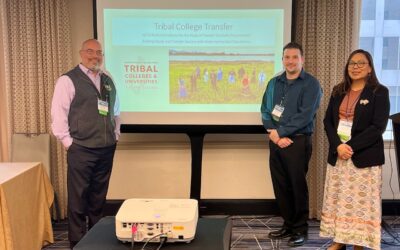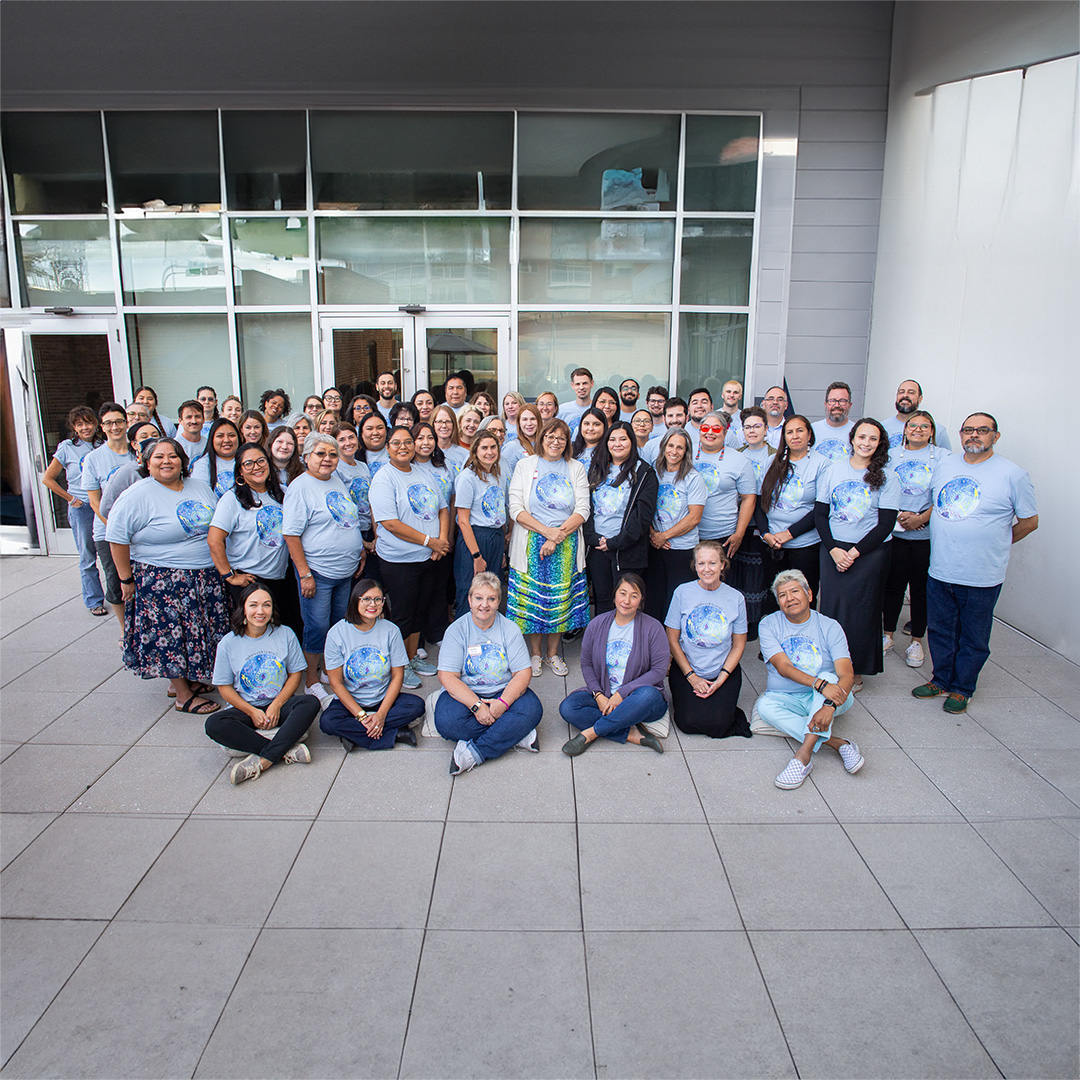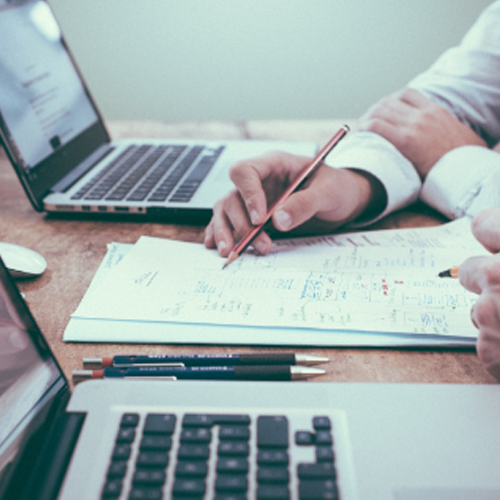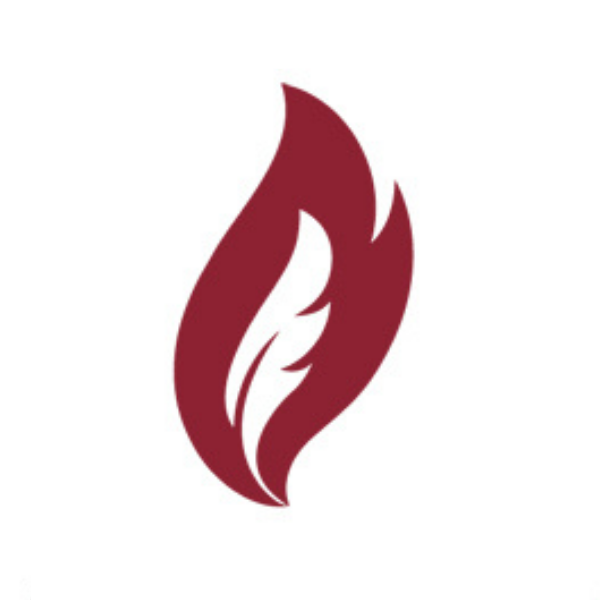When I was in college, a guest speaker, a salesman, came to one of my classes. He said that when he traveled across the state of South Dakota, he drove quickly with a focus on getting away when he passed through the reservations.
He laughed, along with several of classmates, as several others turned and looked at me. I remember the feelings that I had – a flash of anger and dismay, along with feelings of not belonging and being singled out. The circumstances forced me to say something. I don’t even remember what I said – but I sure remember what it felt like. It felt wrong.
In many places across the United States, Monday, October 8 will be celebrated as Indigenous Peoples Day. In addition, November will be celebrated as Native American History Month. Many people wonder why we celebrate this special day in October and why we later celebrate in November for a month.
Celebrating our heritage is nothing new for Native people. We celebrate and practice it every day. However, as the original inhabitants of what is now the Americas and of the United States, we have been and often still today are invisible. Our cultures and our contributions and histories have been invisible to non-Natives for generations. This is wrong.
Native heritage and culture are at the foundation of the history of this land we share together. It is part of our story, as Natives, but it is also part of our collective story.
As a Lakota woman and tribal educator, I would like to share my perspective on the richness of the traditional and spiritual teachings of my people. We believe that as humans, we are filled with the lifeblood of the creator. In that regard, our teachings are much like those of other people (be they races, ethnic groups, or cultural groups) – we are all related. We honor the diversity of ourselves as indigenous peoples and we recognize that relationships are at the heart of who we are – our relationship with the creator (however we might know that) and with the rest of creation. So, the right thing to do is to see Native peoples as part of humanity.
We possess thousands of years of knowledge about living in harmony, in good health and wellness with each other, and how to live with all of creation including the land, water, and air. Our indigenous knowledge is deep, vast, and diverse. It is knowledge that supports kinship, stewardship, and sustainability. We believe that the right thing to do is to share our knowledge so that we may all learn to live well as human beings.
Native peoples also epitomize one of the founding principles of the United States – that of pluralism. Many of the writing of the founders focused on how to create mechanisms that supported a democracy rooted in representation and participation of diverse groups, regardless of where that diversity came from including race, ethnicity, social class, or other interests. By recognizing and celebrating indigenous peoples as foundational to the very principles upon which the United States was created, we are celebrating not only these amazing cultures and traditions, but also our own remarkable beginnings and history.
By recognizing the history of the founding of the United States at the expense of indigenous peoples’ lives and lifeways– understanding that history of westward expansion, warfare, and social and economic oppression – it is healing for both Native and non-Native peoples. By understanding who we are and how we came to be, we eliminate the false narratives or lack of knowledge that has devalued and harmed Native peoples.
When we have shared knowledge, we have opened a space to take shared actions that create equity in all aspects of our lives. We open a space for healing. And when we are healed, we all thrive.
We can all do the right thing by recognizing and keeping Native peoples and keeping our contributions alive. If you are not indigenous, you can learn more about us, our knowledge, our history, and contemporary lives here on our web site all year as well as during Native American Heritage Month at www.collegefund.org.
If you are indigeneous, you can share your story, your culture, and your history with others.
As Native people we are committed to sharing our knowledge and opening our hearts toward our vision of better lives for indigenous people and for all people in the United States.

